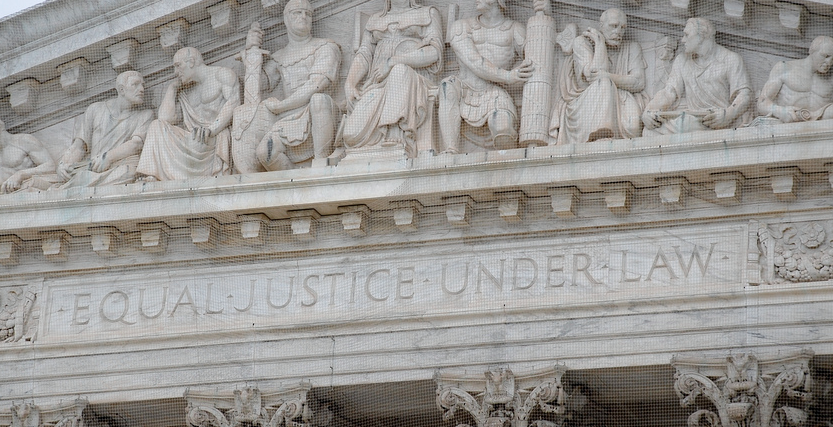CFPB Report Confirms That Banks & Credit Card Companies Are Taking Away Your Right To Sue

(afagen)
The report [PDF] focuses solely on financial products like credit cards, checking accounts, and prepaid debit cards, where arbitration clauses have long been employed.
DOES SIZE MATTER?
Not surprisingly, the CFPB found that larger financial institutions and credit card companies are more likely to include these clauses than smaller banks and credit unions.
“That raises interesting questions about why smaller institutions and credit unions do not use arbitration clauses as frequently in these markets,” said CFPB director Richard Cordray in prepared remarks for today’s public hearing on the topic in Dallas.
It’s worth noting that this large/small discrepancy did not cross over into the prepaid debit card market, where arbitration clauses seem to be standard, regardless of the size of the card’s issuer.
“In fact, smaller players are much more likely to use arbitration clauses in prepaid card contracts than they are in credit card or checking account contracts,” said Cordray.
NO SUITS FOR YOU
An arbitration clause on its own doesn’t take away a consumer’s right to join in a class-action suit. This bar on class action has to be explicit in the contract. Alas, CFPB found that more than 90% of arbitration clauses on financial products explicitly bar consumers from participating in class arbitrations.
“The few clauses without this express limitation were in smaller bank contracts,” said Cordray, “meaning that almost all of the consumers who are subject to arbitration provisions are effectively precluded from participating in class proceedings — whether in court or in arbitration.”
A comparatively small percentage of financial products (about 1-in-4) allow for customers to opt out of the arbitration clause, but doing so usually requires the submission of a written opt-out request within a relatively narrow time frame, often 30 to 60 days from the start of the agreement.
IT’S ALL GREEK TO ME
According to the report, the average length of an arbitration clause in a credit card contract is around 1,100 words, with some containing as many as 2,410 words. These clauses accounted for an average of 14.1% of the total word count in their respective contracts.
Not only are these clauses long, they’re also more complex than the rest of the text in the contract. The CFPB subjected these contracts and clauses to the Flesch-Kincaid readability tests and found that the average arbitration clause was written to be understandable to a sophomore in college, while the rest of the contract requires the reading skills of a tenth grader.
There wasn’t a single case studied by the CFPB in which the arbitration clause was as readable as the rest of the contract around it.
CALLS FOR ACTION
The CFPB report has drawn a positive response from numerous advocacy groups that have long claimed that forced arbitration deprives consumers of basic legal rights.
“Forced arbitration clauses give corporate wrongdoers immunity from justice if they sell a shoddy product, commit fraud, violate consumer protection laws, or fail to do what they promised,” says Ellen Taverna, legislative director of the National Association of Consumer Advocates. “The ordinary consumer has absolutely no idea he or she is giving up constitutional, statutory, and common law rights and surrendering his or her ‘day in court.’”
“The federal law that governs arbitration has been interpreted to the point where it has warped all sense of fairness or justice, and has given corporations a get-out-of-jail free card,” said Christine Hines, consumer and civil justice counsel at Public Citizen. “The mere existence of a forced arbitration clause and class-action ban in a contract can squash thousands of valid consumer claims and shield companies from being held liable for their misconduct.”
“Allowing companies to force consumers into an often biased, secretive, and lawless system deprives millions of people of their right to justice,” explains Lauren Saunders, managing attorney of the National Consumer Law Center.
Want more consumer news? Visit our parent organization, Consumer Reports, for the latest on scams, recalls, and other consumer issues.

